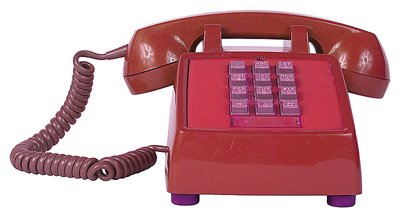Spike Lee is an American original, a truly authentic filmmaker
who has struggled to get his intelligent, thought-provoking movies
about the African-American experience seen, and he has made some of
the best films of the past 15 years.
Spike Lee is an American original, a truly authentic filmmaker who has struggled to get his intelligent, thought-provoking movies about the African-American experience seen, and he has made some of the best films of the past 15 years.
He beautifully examines racism and police brutality in “Do the Right Thing.” Lee also looks at interracial love in his brutally honest “Jungle Fever.” Perhaps his most-accomplished work is “Bamboozled,” which confronts the issue of the American media turning Black people into caricatures and stereotypes to be mocked and laughed at.
Universally, Lee is revered as a great filmmaker, but the issues he confronts in his stories have always kept him on the fringe of the mainstream, until now. A new, brave, bold and heartfelt film, “The 25th Hour,” sees Spike Lee mature as a filmmaker, and with this truly great picture he has reached the status of a classic artist, one who should be rewarded with his biggest audience yet.
“The 25th Hour” concerns the plight of Monty Brogan (Edward Norton, in his best performance), a heroin dealer who has just been popped by the cops. Facing seven years in prison, he spends his last 25 free hours hanging out with the love of his life and two best friends. Cherishing the time with them, Monty also hopes to figure out through conversation who ratted him out.
Before paying his societal debt, Monty heads out for his last night out, planning to find the people who mean the most to him: his best pals Jakob Elinsky (Philip Seymour Hoffman), Frank Slattery (Barry Pepper) and his loving, beautiful girlfriend Naturelle (Rosario Dawson). They all will be present at the going away party, which will be given by Kostya (Tony Siragusa) and the Brighton Beach Russian mob who supplied the heroin to Monty. They want him to have a good time before being sent away.
Before the party, Monty heads over to see his father (Brian Cox), who is running a bar his son bought for him with drug money. They have a strained relationship, but Monty has a hard time criticizing his widower dad because of the loss of their mother. After his mother had died, Monty’s father hit the bottle and Monty went to work selling heroin, trying to make things better for themselves. It was probably not the right thing for him to do, but this film has little time for judgment of its characters; it’s too busy delving into their lives and exposing some real truth about human interaction and tolerance along the way.
Apart from the story, which has real snap and bite, “The 25th Hour” is the first major film to explore the aftermath and attitude of post-Sept. 11 New York City, and the totally-changed city becomes central to the themes of alienation and loss that pervade the story. In the opening of the film, the camera dances around the area at ground zero that used to house the Two Towers of the World Trade Center, making it an eerie foreshadower of the story that will follow. The towers, lost, just like our hero, symbolize his future, one that will be quite different now that the authorities have taken it from him.
“The 25th Hour” is a great mystery that exists to explore the cultural attitudes of our nation’s biggest city in the aftermath of Sept. 11, and in watching it, we learn something about ourselves. We learn that we’re not as loving, happy or forgiving as we were, and maybe we shouldn’t be, considering the plight of the world. But I wish we could go back to the good old days, just like Monty does.
THE 25TH HOUR. Directed by Spike Lee. Screenplay by David Benioff, based on his novel. With Edward Norton, Barry Pepper, Philip Seymour Hoffman, Rosario Dawson, Brian Cox and Tony Siragusa. 134 minutes. Rated R (violence, sexuality, language, drug references). Now playing at Bay Area theaters.












